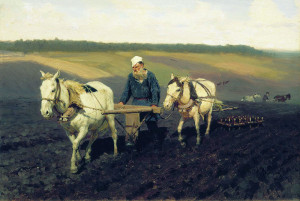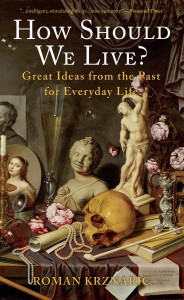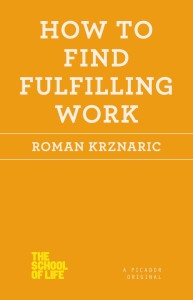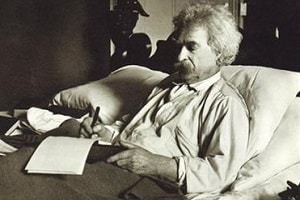 What kinds of life experiences open us up to empathy? One of my own, which in part inspired me to write my new book, Empathy: A Handbook for Revolution, took place when I had a horrible job working in telesales in Sydney after I left university. Here’s what I learned…
What kinds of life experiences open us up to empathy? One of my own, which in part inspired me to write my new book, Empathy: A Handbook for Revolution, took place when I had a horrible job working in telesales in Sydney after I left university. Here’s what I learned…
Something like this has probably happened to you. It is a quarter to seven on a Tuesday evening. You are cooking dinner and, at the same time, trying to get your overtired five-year-old to put on her pyjamas. The phone rings. It could be your mother. But in all probability it is somebody trying to sell you something. You pick up the phone. ‘Hello, is that ____ ?’ Your name is mispronounced. You were right. Telesales. You interrupt their pitch, telling them you’re not interested before you even know what they’re calling about. They ask for just a few minutes of your time. You respond, impatiently, that you’re busy cooking and that you’re not interested. And the moment they start replying, you hang up. Continue reading








